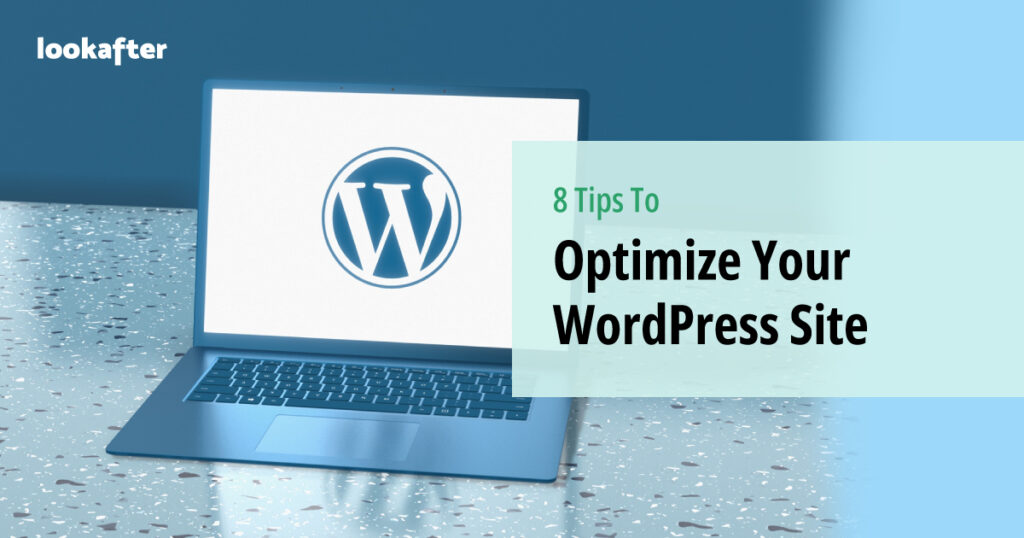Home > Empowering Tips > 8 Tips To Optimize Your WordPress Site

WordPress lets you build your website as easy as 1-2-3. However, as your site grows, you might notice it becoming slower and less efficient. Fear not – in this article, we’ll walk you through some simple and effective tips to optimize your WordPress site, even if you’re a beginner when it comes to technical stuff.
1. Keep WordPress Updated
Regularly update your WordPress core, themes, and plugins to ensure you have the latest features, security patches, and performance improvements.
2. Choose a Responsive and Reliable Theme
A reliable theme can offer better performance, security, and support, which are crucial for the overall optimization of your website. A well-coded and regularly updated theme can ensure that your site runs smoothly, loads quickly, and is compatible with the latest WordPress updates. Some examples are Astra, Neve, and OceanWP.
3. Enable Caching
Use a caching plugin to speed up your WordPress site and improve its performance.
4. Optimize Images
Compress images before uploading them to your website. Large image files can significantly slow down your site. You can use plugins like Smush or Imagify to automatically optimize images without compromising their quality.
5. Minify CSS and JavaScript
Minifying your CSS and JavaScript files means removing unnecessary characters and spaces to reduce their file size. This can speed up the loading time of your pages. Plugins like Autoptimize can handle this task for you.
6. Optimize Your Database
Regularly optimize your WordPress database to improve site performance and reduce database size.
7. Limit the Number of Plugins
Only install essential plugins that add real value to your website. Too many plugins can slow down your site and increase the risk of conflicts between them.
8. Continuously Learn and Stay Updated
Stay informed about the latest WordPress trends, updates, and best practices by following reputable blogs, attending webinars, and participating in WordPress communities.
Website optimization is an ongoing process, and it is essential to keep up with the latest best practices and technologies to ensure your WordPress site remains fast and efficient.